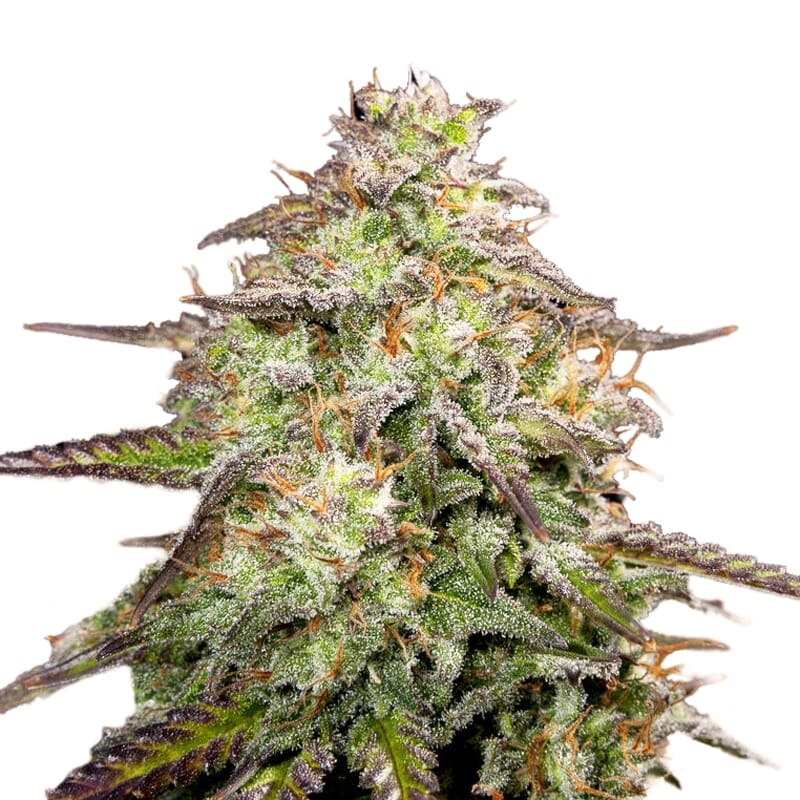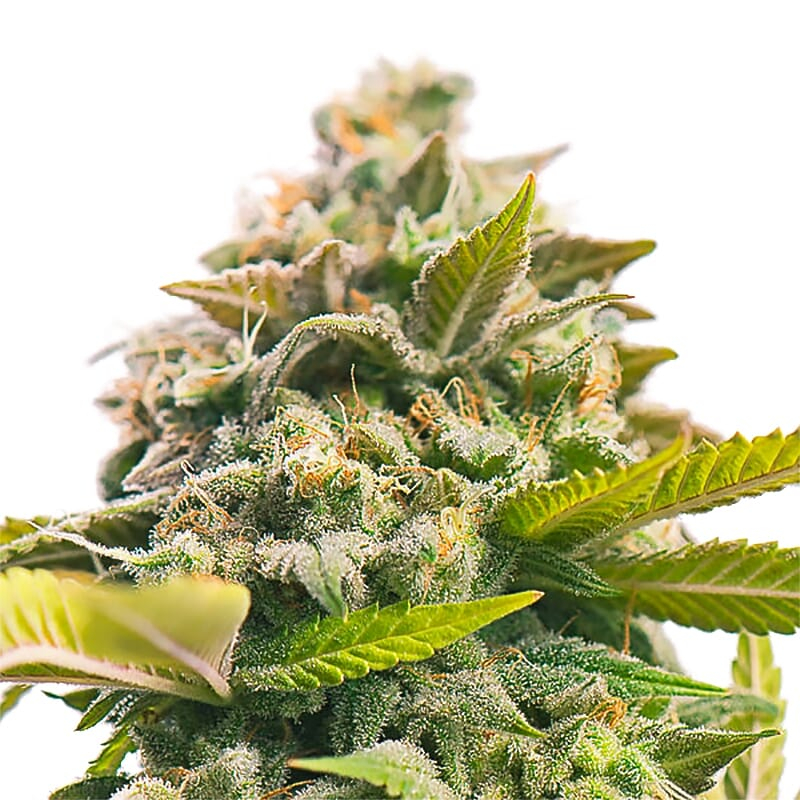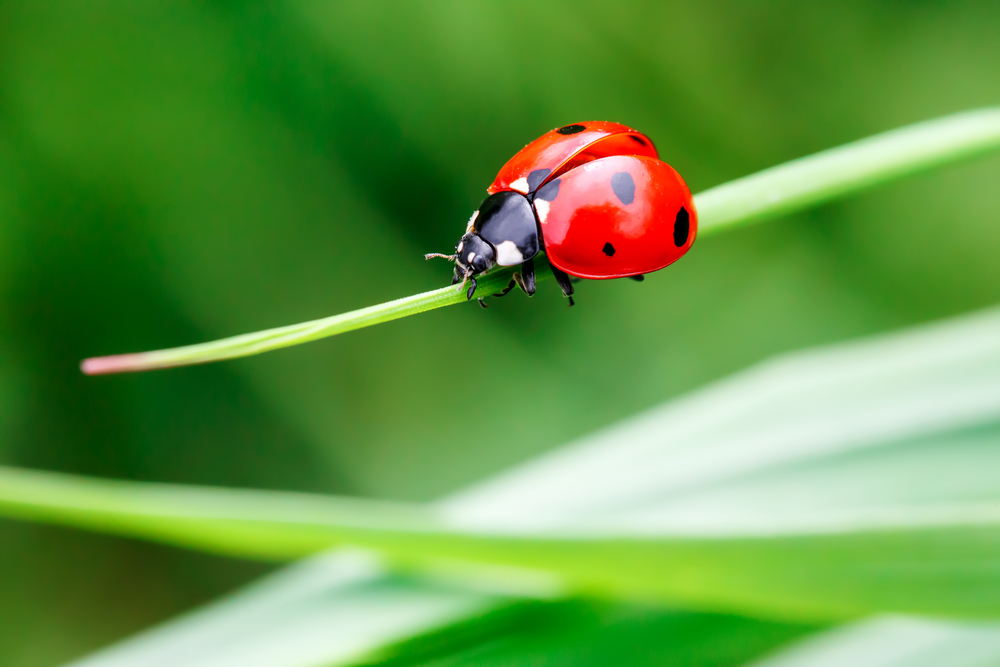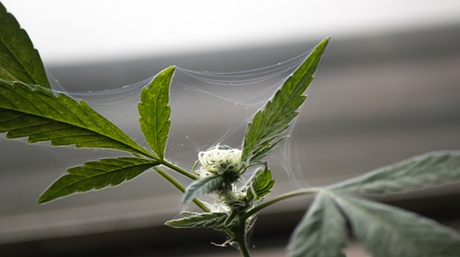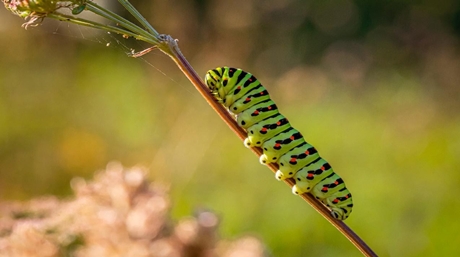Garden pests really are a pain, and if your garden is a cannabis one, they are arguably even more so. One of the most common pests in cannabis grows are leafhoppers, tiny insects that can really harm your plants. Here’s a handy little guide on how to spot them, and how to fix your issue if you have one:
Leafhoppers are tiny, though can vary in size. Fully formed ones are around 1cm in length, and they are wedge-shaped and have wings. They come in many different colors, ranging from green to yellow to brown, can jump great distances, and can even run sideways if they need to.
Check for an infestation
Leafhoppers are a problem for growers because they suck the sap out of plant leaves, making them able to also absorb plants’ nutrients. Nutrients, of course, are necessary for plant survival. These pests are incredibly irritating and breed fast, laying around six eggs daily during the Spring season.
The first thing you need to do to get rid of an infestation is to look to see if you have one. You can check for an infestation pretty easily, as the creatures are visible to the naked eye and are especially visible when the climate is dry because they get thirsty and feed more. If you do find that you have a leafhopper problem, don’t fret too much as there are many ways to get rid of them.
Synthetic insecticide
One common and simple method to rid your garden of leafhoppers is to use an insecticide, and there are actually insecticides out there that are specifically designed to kill leafhoppers in particular. Although, some of these substances are harmful to cannabis plants and so it is important to make sure you aren’t using a synthetic one. Instead, find an organic insecticide to get the job done. Neem oil is another all-natural alternative if you can’t find any natural insecticides in your area, and it is pretty easy to find. However, keep in mind that it can give off a nasty smell and taste, so maybe this isn’t a perfect solution if you want to maintain your bud quality.
One rather interesting way to get rid of leafhoppers is to introduce ladybugs into your garden. It may surprise you to know that ladybugs are pretty ferocious and will eat leafhoppers as part of their diet. Try to purchase lots of ladybugs, as they don’t usually stay in one place for very long.
All in all, having any pest in your garden can be as harmful as it is irritating, so it really is important to know how to rid yourself of them. Luckily, pests are a very common problem and so there are lots of tried and tested ways of dealing with them. Good luck!
FAQs about Garden pests – how to get rid of leafhoppers on cannabis
What are leafhoppers, and why are they a problem for cannabis plants?
Leafhoppers are small, wedge-shaped insects that feed on plant sap, stealing vital nutrients from your cannabis plants. They can weaken the plant and affect its overall health, especially during dry conditions.
How can I tell if I have a leafhopper infestation?
You can spot a leafhopper infestation by visually checking your plants. The insects are visible to the naked eye, especially in dry weather when they feed more. Look for tiny bugs around 1cm in length, varying in color from green to yellow or brown.
What are some natural ways to get rid of leafhoppers?
To control leafhoppers naturally, you can use organic insecticides or neem oil. Introducing ladybugs into your garden is another effective solution, as they prey on leafhoppers and help keep the population in check.






